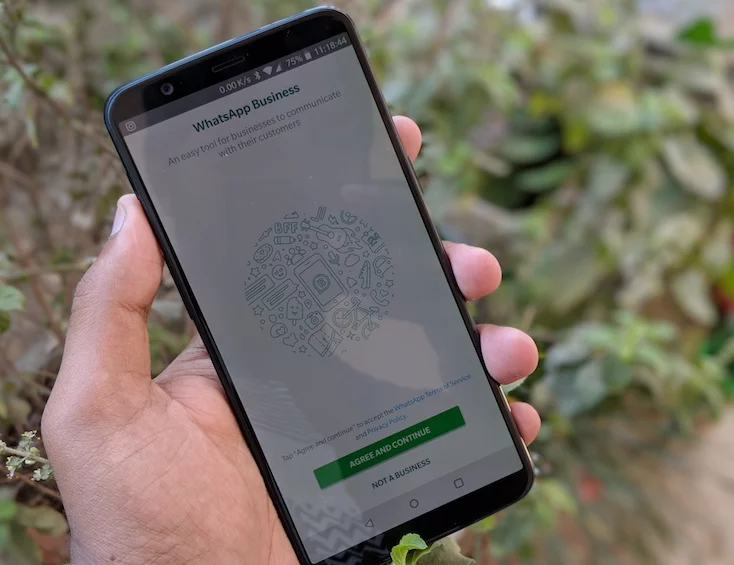Following the large-scale data leak scandal by Cambridge Analytica and Facebook, its companies like WhatsApp are also being dragged into the limelight and are being questioned on their data sharing policies. However, WhatsApp has come clean about its strategies regarding sharing of data and also updated its policies ahead of the GDPR (General Data Protection Regulation) in European Union, which comes in effect starting May 25. WhatsApp clarified that the messaging platform did not record and sell data to advertisers and also ensured general public that its messages were end-to-end encrypted meaning that no one in the company could read the messages either. WhatsApp however, did say that it would share the metadata of the messages, i.e. data like user’s account number, the timestamp of messages etc. with its parent company Facebook. This is the issue that raised concerns in the minds of users.

The new update to the privacy policy also outlines that the entry barrier on age for using WhatsApp will be raised from 13 years to 16 years in the European Union. The messaging service has put a hold on the data sharing for EU users under a privacy policy update. Criticising the update, the EU data protection authorities (or Article 29 Working Party) noted that the changes were “seriously deficient as a means to inform their consent”. The Article 29 Working Party highlighted that the issue of getting user concern over data sharing has still not been resolved by WhatsApp because although WhatsApp has put a hold on data sharing, for now, it hasn’t promised that it won’t do so in the future.
It is also important for the users to know the reason for all the policy updates that WhatsApp is making. Primarily, the main reason for WhatsApp to do so is the General Data Protection Regulation Law which is being passed in the European Union. This new law strictly outlines the guidelines for tech companies about how users’ data is shared online. There have stringent rules laid down by the government which ask the tech companies to define clearly what falls under the definition of personal data. Also, these tech companies will be required to inform the users about the data breach, if it happens, under 72 hours. Any delay in the same would mean action against the tech giants. This new policy has also forced WhatsApp to launch a new feature whereby users will be able to download their data from WhatsApp’s website. Also, Parental consent will be mandatory for the companies to process personal data of children who are under the age of 16.
Downloading WhatsApp Data
Apparently, the new ‘Request Account info’ feature will go live to all the users in the latest version of the WhatsApp application, if not by May 25, everyone will be able to see the option. WhatsApp watcher WABetaInfo has also outlined the same “In the coming weeks, you will be able to download and see the limited data that we collect. This feature will be rolling out to all users around the world on the newest version of the app.”
This new feature called the “Request Account Info” option can be accessed by clicking on WhatsApp Settings and then tapping on ‘Account’. Once users select the “Request report”, the screen will then display a notification intimating the users about “Request Sent”. The report compilation may take up to three days to become available from the date of the request. The request, once made, cannot be cancelled by users midway. However, WhatsApp can cancel users’ request for the report if they delete their WhatsApp account after the request, change their number or re-register their account while the request is pending.
The post has also highlighted that the report will be available for download for few weeks after WhatsApp notifies you with a message saying “Your account info report is ready to download.” Post the deadline for downloading the data, the account info will be deleted from WhatsApp servers.
To download the WhatsApp account info report, users will have to do so in the ZIP file format by clicking on WhatsApp Settings, then going to Account and then ‘Request the account info’ as told in the steps above and then tap on ‘Download report’. Users will have to tap the option of “Export report” after the file is downloaded. The report will not be viewable on WhatsApp and users will have to see it on an external app or mail a copy of the report to themselves. There is also going to be an option, where WhatsApp will allow its users to permanently delete their report.
It remains to be seen how these new steps combined with the legal pathway of the GDPR help in curbing illicit exchange and the leak of data by the big tech giants. Whether or not these steps will hamper the growth and innovation of these tech companies is also another looming another question.















